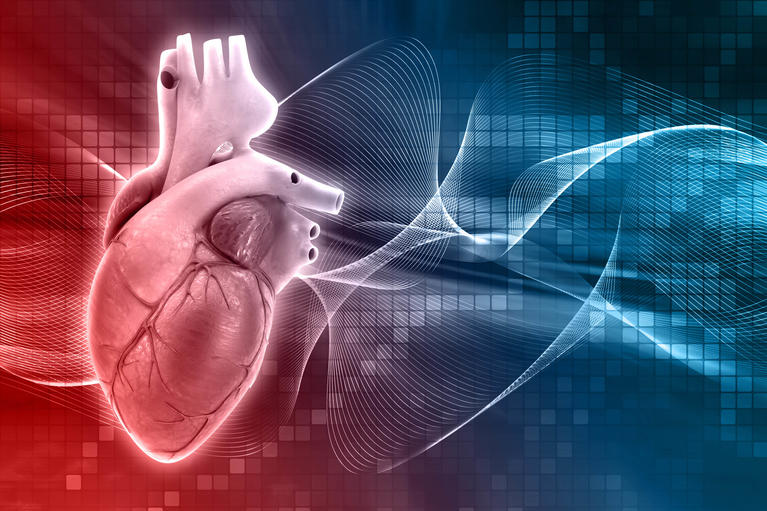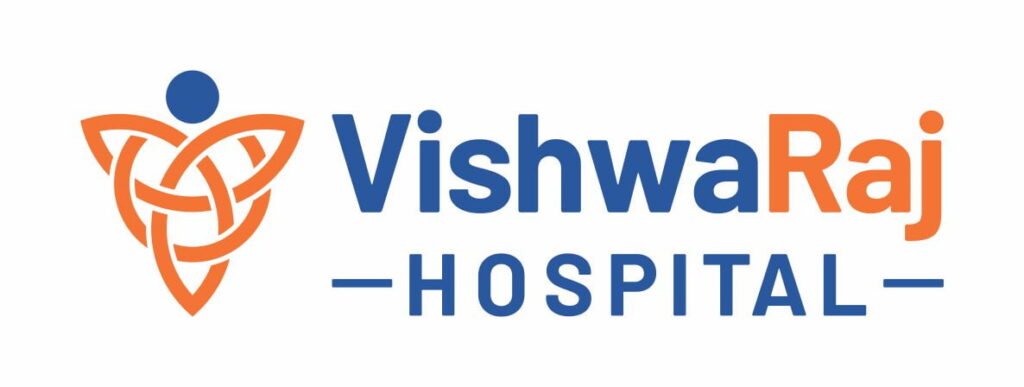HEART FAILURE TYPES SYMPTOMS CAUSES TREATMENT


Heart failure is a chronic, progressive condition in which the heart muscle is unable to pump enough blood to meet an individual body’s needs for blood and oxygen. In such case, the human heart is unable to keep up with its workload.
The insufficient blood flow leads to the following situation:
- In some cases all the major body functions are disrupted such as the heart faces difficulty in pumping enough blood to support other organs of the body.
- In other cases, the patient having heart failure faces hardening and stiffening of the heart muscle itself, which blocks or reduces blood flow to the heart.
Heart failure can affect the right or left side of the heart or both at the same time. There are two kinds of heart failure conditions –
- Acute Heart Failure
In this condition, the symptoms appear all of the sudden and the heart is unable to do its job as it cannot deliver enough oxygen to meet the body’s needs. This condition often occurs after a heart attack.
- Congestive or Chronic Heart Failure
The majority of heart failure cases are of chronic heart failure. In this condition, the heart is unable to pump enough blood through the body which leads to an insufficient supply of oxygen in the body.
Types of Heart Failure:
Heart failure can occur in either the left or right side of the heart. It is also possible for both sides of the heart to fail at the same time. Heart failure is also classified as –
- Left-sided Heart Failure
It is the most common type of heart failure. In this condition, the left heart ventricle gets weakened.
The left heart ventricle is located in the bottom left side of the heart and is the main pumping power source of oxygen-rich blood to the rest of the body. And as the left heart ventricle fails, the heart loses its ability to pump efficient blood.
In actuality, the blood backs up into the lungs instead, which causes shortness of breath and a build-up of fluid.
- Right-sided Heart Failure
Right-sided heart failure occurs when the right side of the heart cannot perform its job efficiently and is usually triggered by left-sided heart failure.
The right heart ventricle pumps blood to the lungs to collect oxygen. And in this case, the right heart ventricle becomes too weak to pump enough blood to the lungs which adds stress to the right side of the heart and leads to heart failure.
Right-sided heart failure causes shortness of breath and swelling in the legs, feet, and abdomen
Right-sided heart failure can also occur due to lung diseases.
- Diastolic Heart Failure
Diastolic heart failure is more common in females than in males. Diastolic heart failure occurs when the lower left chamber of the left ventricle of the heart is not able to fill proper blood to the heart which leads to a lack of blood flow to the rest of the organs in the body.
In this condition, the heart muscle becomes stiffer than normal as the heart is not filled with enough blood.
- Systolic Heart Failure
Systolic heart failure is more common in males than in females. Systolic heart failure occurs when the left ventricle of the heart loses its ability to contract because it has grown thicker and stiffer; due to this the ventricle cannot contract the way it is supposed to. The contractions of the heart are necessary to pump oxygen-rich blood out to the body. This problem develops when the heart is weak and enlarged.
Symptoms:
The symptoms of heart failure may include:
- Fatigue
- Dizziness
- Pain in the Chest
- Sudden Weight Gain
- A Loss of Appetite
- Persistent Coughing which can be dry or with phlegm
- Irregular Heart Rate
- Heart Palpitations
- Abdominal Swelling
- Shortness Of Breath at night, during exercise, or lying down
- Fast Breathing
- Leg And Ankle Swelling
- Excess Urination at night
- Protruding Neck Veins
Causes:
The conditions which make the heart overwork can cause heart failure. The conditions that may increase the risk for developing heart failure include –
- Heart Attack
- Congenital Heart Disease
- Cardiomyopathy – A disorder of the heart muscle that causes the heart to become weak
- High Blood Pressure
- Heart Valve Disease
- Certain Types Of Arrhythmias, Or Irregular Heart Rhythms
- Emphysema, A Disease Of The Lung
- Thyroid Disease
- Kidney Disease
- Diabetes
- HIV
- An Overactive or Underactive Thyroid
- Severe Forms of Anemia
- Certain Cancer Treatments such as Chemotherapy
- Substance or Alcohol Misuse
Treatment:
Treating heart failure depends on how severe the condition of the heart is. The main goal of the heart’s treatment is to increase the lifespan of a patient. The treatment is done through various medications as well as surgeries. Following are the types of surgeries and treatments which are performed by the heart surgeons or cardiothoracic surgeons to the patients who have faced heart failure –
- Coronary Artery Bypass Graft Surgery (CABG) or Bypass Surgery
This type of surgery is performed when the coronary arteries of the heart are damaged or blocked because it restricts the blood flow to the heart which makes the heart unable to work and that leads to heart failure. These coronary arteries play a very vital role as they supply oxygenated blood to the heart.
To prevent that the heart surgeon will use the blood vessels which will be taken from another area of the patient’s body to bypass the damaged arteries.
There are four different types of Bypass Surgery –
- Single Bypass – Only one artery is blocked.
- Double Bypass – Two arteries are blocked.
- Triple Bypass – Three arteries are blocked.
- Quadruple Bypass – Four arteries are blocked.
The risks of heart failure, heart attack, or another cardiac issue depend on how many arteries are blocked.
Angioplasty means using a balloon to open a blocked or narrowed artery of the heart.
The procedure for Angioplasty is not considered a major surgery as it is mostly performed under conscious or moderate sedation in a cardiovascular Cath lab.
The procedure of Angioplasty will be done by threading a thin tube through a small puncture in a leg or arm artery of the patient. The thin tube is also known as a catheter.
Or, the surgeon may place a permanent stent, or wire mesh tube, into the blocked or narrowed artery. The stent is placed permanently to allow the blood to flow more freely.
If you are looking for better consultation and successful treatment for Angioplasty, you can find the best heart hospitals and heart surgeons in Pune.
- Pacemakers or Cardiac Pacing Device
Pacemakers are used along with bypass surgery as well as medications. The pacemaker is a small device that is placed into the chest to help control the heartbeats. The pacemaker is used to prevent the heart from beating too slowly or heart beating too quickly.
There is no requirement of any open-heart surgery as the Pacemaker is implanted under the skin of the chest.
- Implantable Cardioverter Defibrillator (ICD)
An ICD is suggested for patients who have dangerously fast heartbeats that keep the heart from supplying enough blood to the rest of the body. This problem usually occurs because of a weak heart muscle.
ICD is a small battery-powered device that is placed in the patient’s chest that keeps track of the heart rate and will deliver electric shocks to the heart if it detects irregular or abnormal heartbeats. These shocks restore the heart rate to a normal rhythm.
- Transplant Surgery
A heart transplant is a treatment that is usually reserved for patients whose heart condition has not been improved despite various medications and surgeries. During a transplant, the surgeon will remove the diseased heart from the patient and replace it with a healthy heart from a healthy donor.
Conclusion:
We at VishwaRaj Multispeciality Hospital have expert and experienced Heart surgeons as well as Cardiothoracic surgeons on board and are listed as one of the Best Heart Hospitals in Pune. For any kind of expert advice or consultation on your heart disease, you can always consider our hospital for safe and successful treatment


